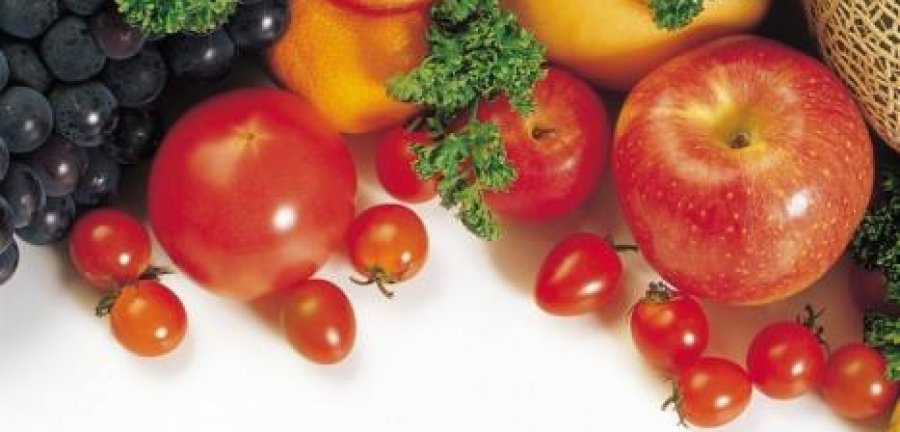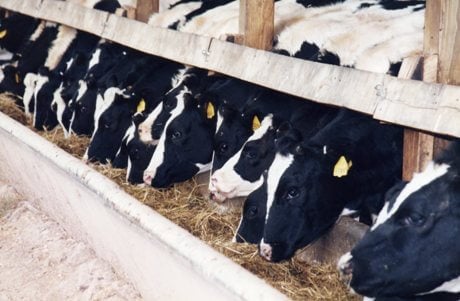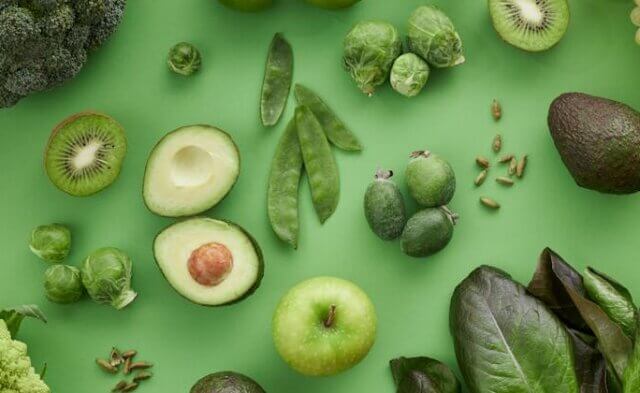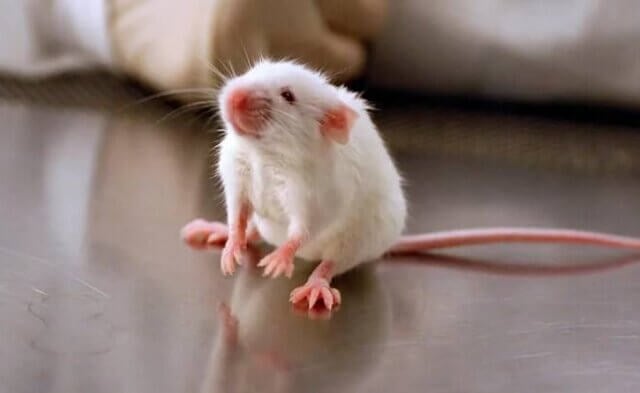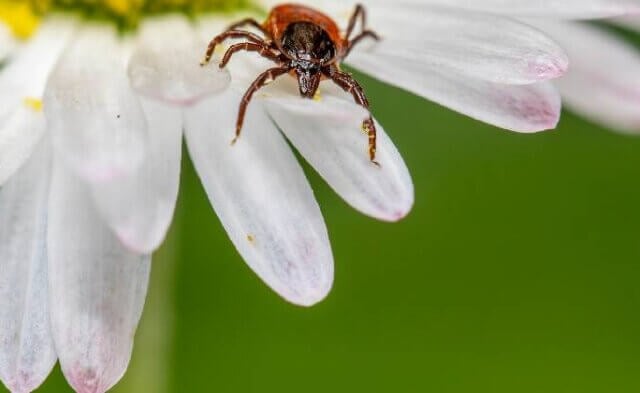I adopted a plant-based lifestyle nearly 40 years ago and want to explain why I continue to eat, shop, and dine in this manner so many years later.
V is for vitality.
Eating many chlorophyll-rich vegetables—including some raw and living foods such as sprouts, sea vegetables, and blue-and-green algae—helps power me through long days with a bounce in my step and a sharp mind. Abundant medical research studies demonstrate that such foods prevent and even reverse heart disease (the number one killer of men and women), adult diabetes, obesity, hypertension, psoriasis, autoimmune disorders, and dementia.
E is for the environment.
The world’s population now exceeds 7 billion humans, and by the year 2050, it’s projected to exceed 9 billion. Diets rich in meat, eggs, and dairy foods—because of the methods required for their production—are not sustainable and will cause further serious damage to our planet, including by contributing to climate change. A few years ago, the United Nations Environment Programme called for a shift to a vegan diet for precisely these reasons. I vote with my fork and spoon every day by reducing my carbon footprint and protecting the planet for my children and theirs.
G is for gastronomy.
Vegan food is anything but boring or bland. You can enjoy fruits, vegetables, grains, nuts, seeds, spices, and legumes with a nearly infinite variety of seasonings. I was so excited about the pleasure of artisanal plant-based eating that I opened the largest vegan café and bar between the coasts, in suburban Detroit. You should come visit us.
A is for animal rights.
Simply put, foods derived from animals are produced through cruel factory-farming methods that favor expediency over compassion and quantity over quality or cleanliness. I agree with Leonardo da Vinci’s assertion that “[t]he day will come when men such as I will look upon the murder of animals the way they now look upon the murder of men.”
N is for natural.
Our food chain has been transformed over the last 50 years into a toxic soup of pesticides, herbicides, antibiotics, and hormone-treated animal-derived ingredients. Food coloring, preservatives, and synthetic “vitamin” enhancements are all-too prevalent. Choosing organic, plant-based foods allows us to avoid these harmful additives and nourish ourselves naturally.
People sometimes seem afraid of the word “vegan,” but as explained here, it’s actually something to embrace, share, and promote, in the knowledge that it’s the most scientifically supported lifestyle for kindness, sustainability, and health.
Want more delicious recipes and vegan dining tips? See PETA Living!
****


